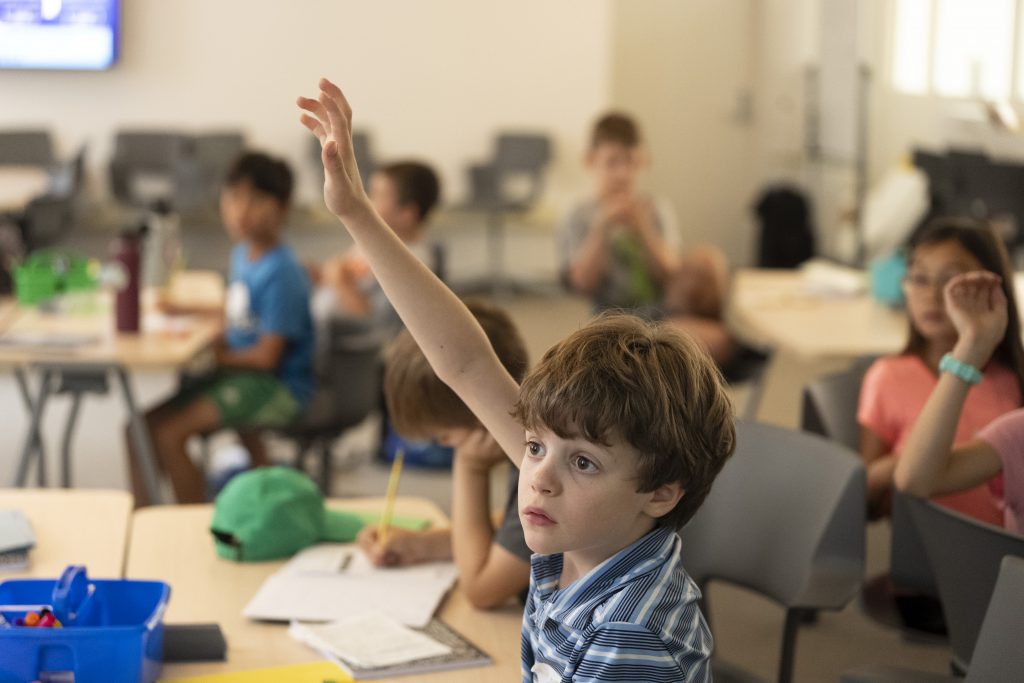Spring SAVY 2025
Spring applications are now closed. Summer 2025 courses are announced! Summer applications open January 7, 2025.
Spring SAVY 2025
Three Consecutive Saturdays:
January 25, February 1, February 8
Course Availability Key**
CLOSED
Full–waiting list only
Available–limited space
Available
Students will be able to take one course for three consecutive Saturdays. Courses take place from 9:00 AM – 2:45 PM on Peabody campus. Arrival will occur from 8:45 AM – 9:00 AM, and dismissal from 2:45 PM – 3:00 PM.
Programs for Talented Youth may use curriculum and resources from a variety of sources to design classes that engage your learners. The extent to which particular resources are used varies by course. Please note that the publishers and content creators of resources PTY instructors use do not endorse Programs for Talented Youth.
Please contact our office at 615-322-2664 or savy.pty@vanderbilt.edu if you have questions about availability or the length of the waiting list for a particular course.
Spring 2025 SAVY and Career Connections Courses
**Please note that course availability will not be updated on the website until after applications made within the priority window have been reviewed, processed, and placed as applicable. Course availability will be updated periodically, and may not be a precise representation of course availability.
Table updated 11/21/2024
| Kindergarten | 1st & 2nd Grade | 3rd & 4th Grade | 5th & 6th Grade | 7th & 8th Grade Career Connections |
| (1) Beyond the Pyramids | (1) Animal Adaptations (2) Matter Mysteries | (1) Cryptology (2) Space Academy: Exploring the Work of Astronauts | (1) Percy Jackson & Greek Mythology (2) Biology of the Body | (1) Powering the Future: The Wonders of Batteries and Electrochemistry (2) Neuroscience at Work: Investigating Brain and Behavior Connections |
Choose a grade level below to view the course description.
